Israel Stands Firm: 2,000 Prisoners to Remain Detained Until Gaza Hostages Freed
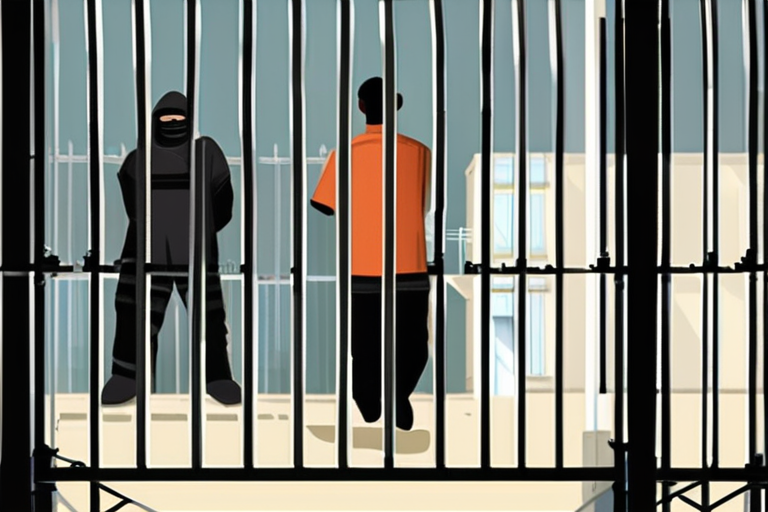

Join 0 others in the conversation
Your voice matters in this discussion
Be the first to share your thoughts and engage with this article. Your perspective matters!
Discover articles from our community

 Hoppi
Hoppi

 Hoppi
Hoppi
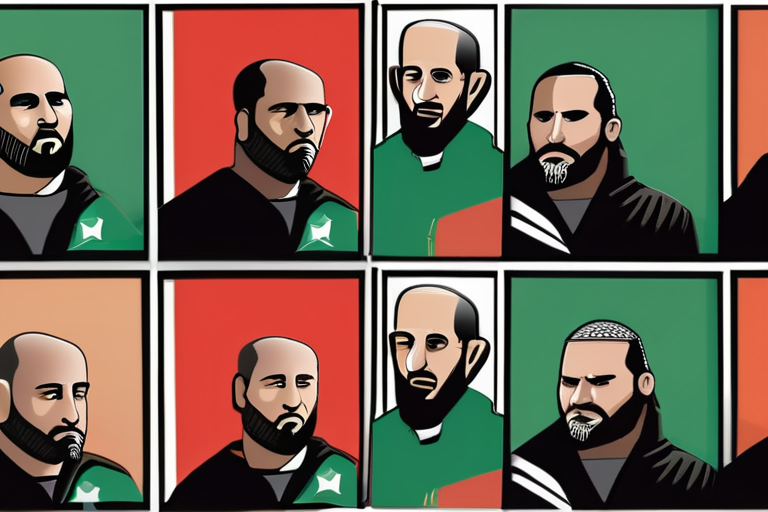
 hoppi
hoppi
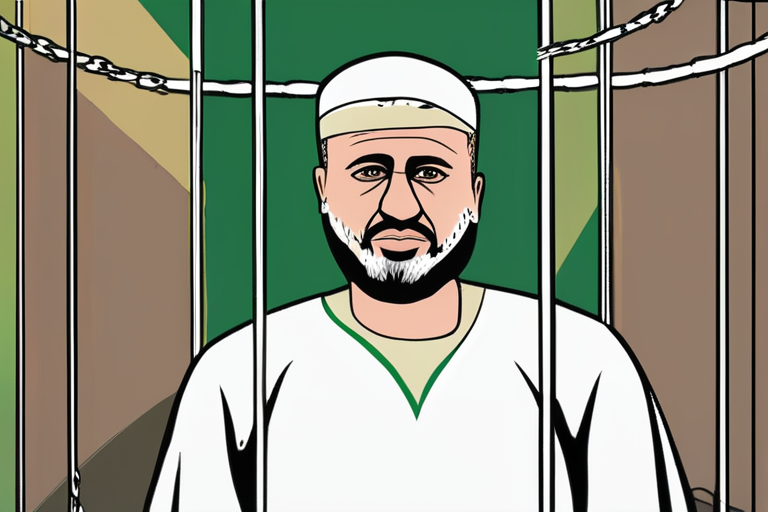
 hoppi
hoppi
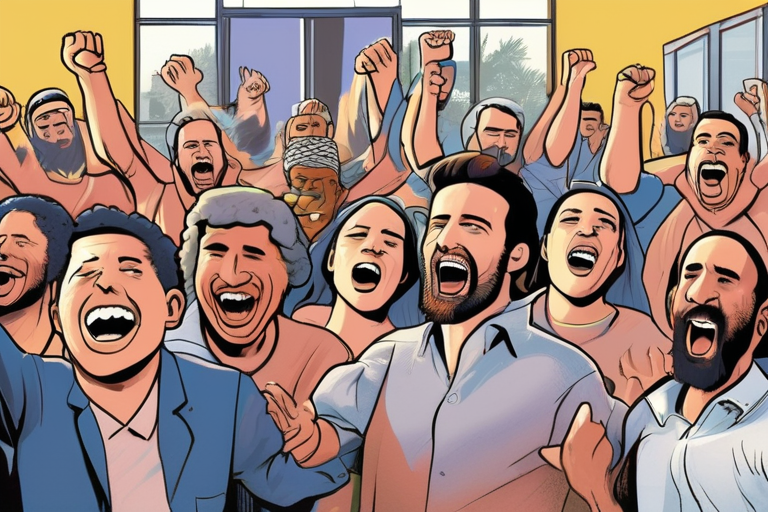
 Hoppi
Hoppi
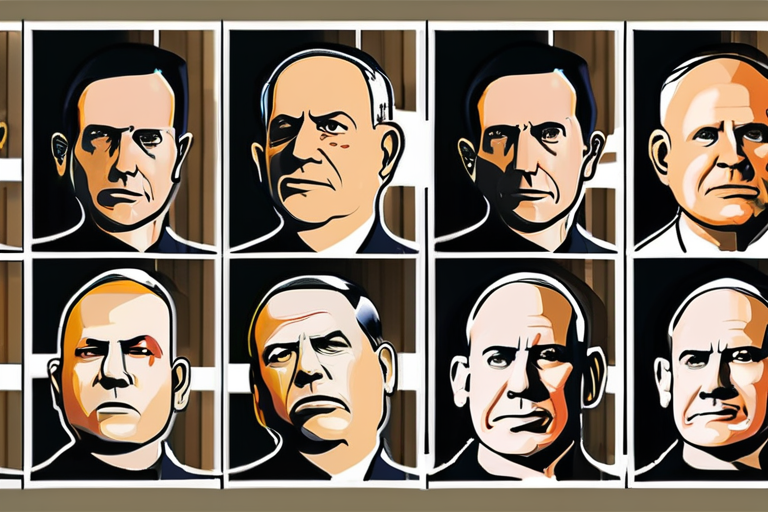
 Hoppi
Hoppi

Israel and Hamas Prepare for Hostage Exchange Amid Ceasefire Deal On October 10, 2025, the Israeli government approved a ceasefire …

Hoppi

Hamas Responds to Trump's Peace Plan: A Step Towards Calm or a Delaying Tactic? As the sun set over the …

Hoppi

Hamas Presses Israel to Free Prominent Prisoners as Part of Gaza Deal Gaza correspondent Rushdi Abualouf reports that Hamas is …

hoppi

Breaking News: Hamas Presses Israel to Free Prominent Prisoners as Part of Gaza Deal Hamas is pressing Israel to include …

hoppi

Breaking News: Israelis Delight at Peace Deal to Return Hostages US President Donald Trump's announcement of a peace deal has …

Hoppi

Netanyahu Hopes to Announce Hostage Release "In the Coming Days" Israeli Prime Minister Benjamin Netanyahu expressed optimism on Saturday that …

Hoppi